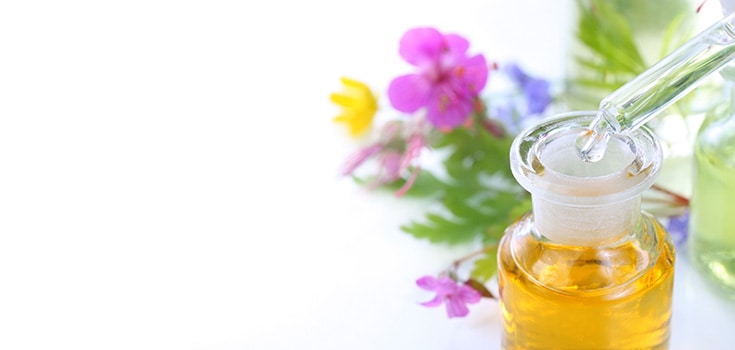Introduction to Immune-Boosting Herbal Tinctures: Make Your Own

Any budding herbalist knows how to make a tea, but tinctures are like taking the next step into herbal healing. People are sometimes intimidated by tinctures—whether it’s because of the time involved or the use of alcohol—but they are both easy and affordable. When you consider that many tincture ingredients can be grown in your garden, the idea of making and using these healing beverages is even more appealing. And if you don’t know what a tincture is, don’t worry, you’ll find out right now.
Tinctures are herbal solutions made with fresh herbs and (usually) alcohol. Though you can also make tinctures using vinegar and glycerine, vodka that is 80-120 proof is the most common, and palatable choice.
The earliest record of tinctures being used is suspected to be in the Egyptian Ebers Papyrus, dated approximately 1550 B.C. Throughout time and around the world, herbal extracts have been drawn out using alcohol in order to create powerful healing elixirs.
Immune-boosting tinctures are some of the most popular. You can begin taking these a few days before travel, when you are under stress, or any other time you feel your immune system is compromised. Any of the following herbs are great inclusions in an immune tincture:
- Echinacea
- Sage
- Astragulus
- Garlic
- Hyssop
- Rosehips
How to Make a Tincture
Using a mason jar, fill about ¾ of the way with fresh herbs, then pour in the vodka and cover the herbs completely. Shake well. Store the jar in a dark cabinet for about four weeks, shaking daily.
Strain off the herbs and squeeze them to get as much of the oils as possible. Label and store your tincture in a cool, dark place. Generally tinctures can be kept for a few years, making this easy method of medicine-creating one that doesn’t need to be undertaken too often.
Taking Tinctures
The right dosing for a tincture truly depends on your size, the concentration of the brew, and the reason you are taking it. However, in general, a single dropperful is about 25 drops, and the average adult can take two of these twice daily. Children around 50 pounds can take a single dropperful a few times each day and smaller children should take smaller dosages than this.
Because some herbs begin to lose potency after you have been taking them consistently, it’s suggested you only take a tincture for two weeks or less at a time. With these immune boosting herbs, it would be wise to begin a regimen a week before travel or as soon as you believe you may have been exposed to illness.
Other tinctures can be made to have on hand when illness strikes. Try lemon balm, Echinacea, and sage for the common cold.

Making tinctures from fresh herbs is a risky practice .. one has no control of dose because one does not know the water content .. the official method is to use dried herbs, in that manner the herb is standardised to a known dosage regime .. Vodka as solvent is not a good idea.
would you have any other recommendations to use as a solvent?